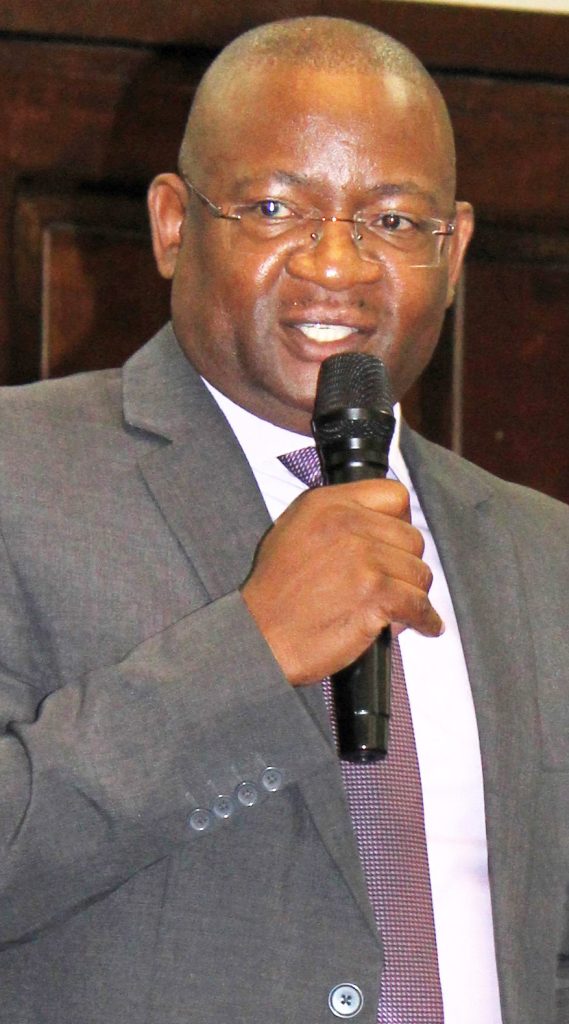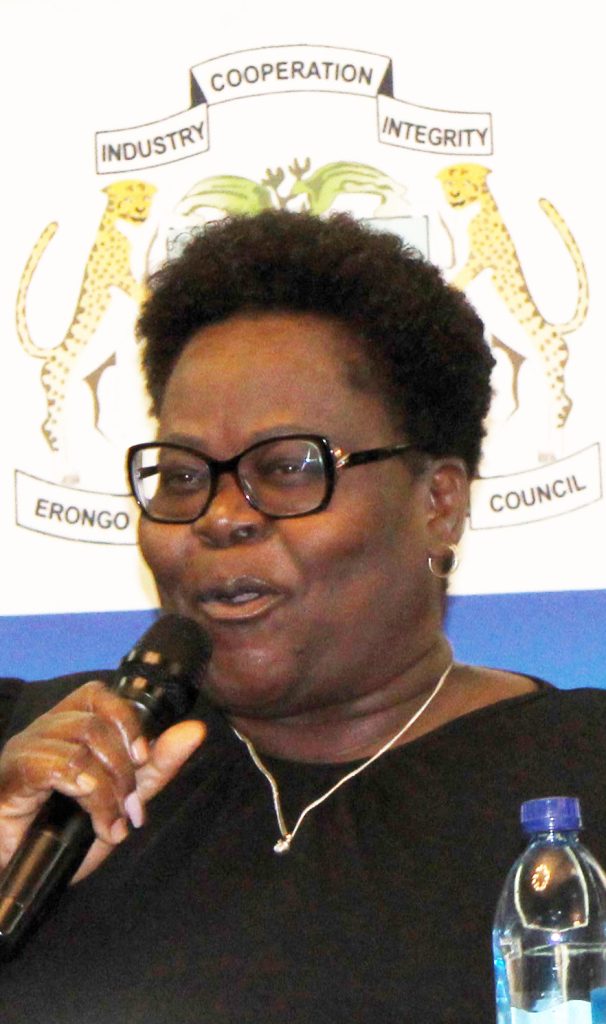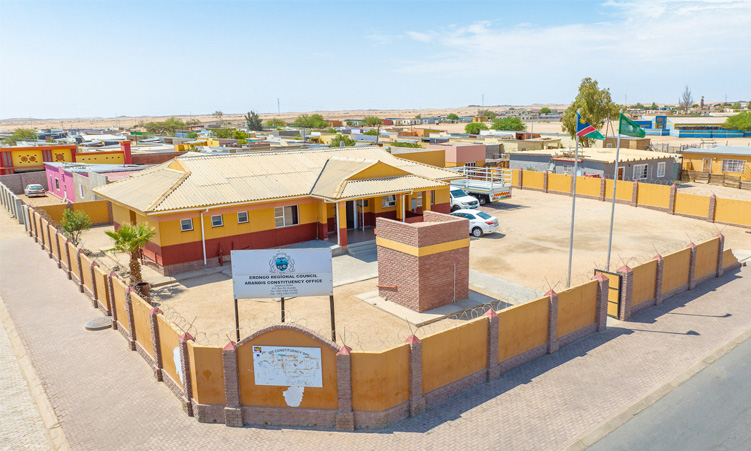The Erongo Regional Council yesterday tabled a N$156.7 million budget for the 2024/25 financial year at Swakopmund.
Council chairperson Benitha Imbamba said the council had already utilised 25% of the previous year’s budget, which allowed for continuity in operations while awaiting full approval of the new financial plan.
“Now, with the full approval of the current budget, we will move at an accelerated pace to ensure we realise the targets we have set for this financial year,” she said.
The council’s deputy director for finance, Daphne Cloete, provided a detailed breakdown of the council’s budget, which includes both operational and developmental allocations.

The total budget for the financial year is about N$157 million, with about N$82 million allocated to the operational budget, and about N$5 million designated for development projects.
The development budget, funded primarily by the central government and local authorities, will be used to finance crucial projects related to water, roads and housing infrastructure.
“Despite previous challenges, including lower-than-expected revenue from settlement areas, we remain focused on sustainable development.
“Our income from settlement areas during the last financial year was below projections, but we estimate N$1.7 million for this financial year,” Cloete said.
The operational budget is influenced by personnel costs, with about N$49 million set aside for staff remuneration.
The Erongo Regional Council currently employs 109 staff members, with 49 positions still vacant.
“Interviews have been scheduled, and we have budgeted for these positions to ensure we have the necessary workforce to meet our operational demands,” she said.
One of the most pressing concerns addressed by the 2024/25 budget is water scarcity in the region.
“Water is a serious concern in our region, and we have prioritised the provision of clean water, especially in rural areas,” said chief regional officer Sam Ntelamo.
The infrastructure development agenda also extends to improving essential services such as housing, road networks and electrification.
The regional council has placed a strong emphasis on completing ongoing projects and initiating new ones aimed at addressing these issues.

“We aim to expand our water distribution systems and ensure that every household in the region has access to clean, running water,” Ntelamo noted.
The budget also focuses heavily on supporting small and medium enterprises (SMEs).
In the 2024/25 financial year, a large portion of the budget will go toward funding SME programmes that stimulate employment and economic growth in various sectors.
“Our SME programmes have generated employment and stimulated local economic growth. We trained and supported businesses in construction, tailoring, auto mechanics and other sectors,” Ntelamo explained.
While the Erongo Regional Council’s budget lays out an ambitious agenda for the coming year, Ntelamo acknowledged several challenges that could hinder progress, including limited financial resources and ageing infrastructure.
However, he expressed optimism about the council’s ability to overcome these obstacles through collaboration with stakeholders and the careful management of available funds.
Imbamba emphasised the role of local authorities in contributing to the council’s revenue by transferring 5% of their rates and taxes income.
“Despite past economic headwinds like Covid-19 and drought, we are grateful to our local authorities for honouring this obligation, which has enabled us to continue our aggressive development agenda,” Imbamba said.
She called on residents and stakeholders to actively engage with the council’s financial plans.
“By presenting our budget, we are giving you the right and obligation to hold management accountable for how funds are spent,” she said.
Stay informed with The Namibian – your source for credible journalism. Get in-depth reporting and opinions for
only N$85 a month. Invest in journalism, invest in democracy –
Subscribe Now!







